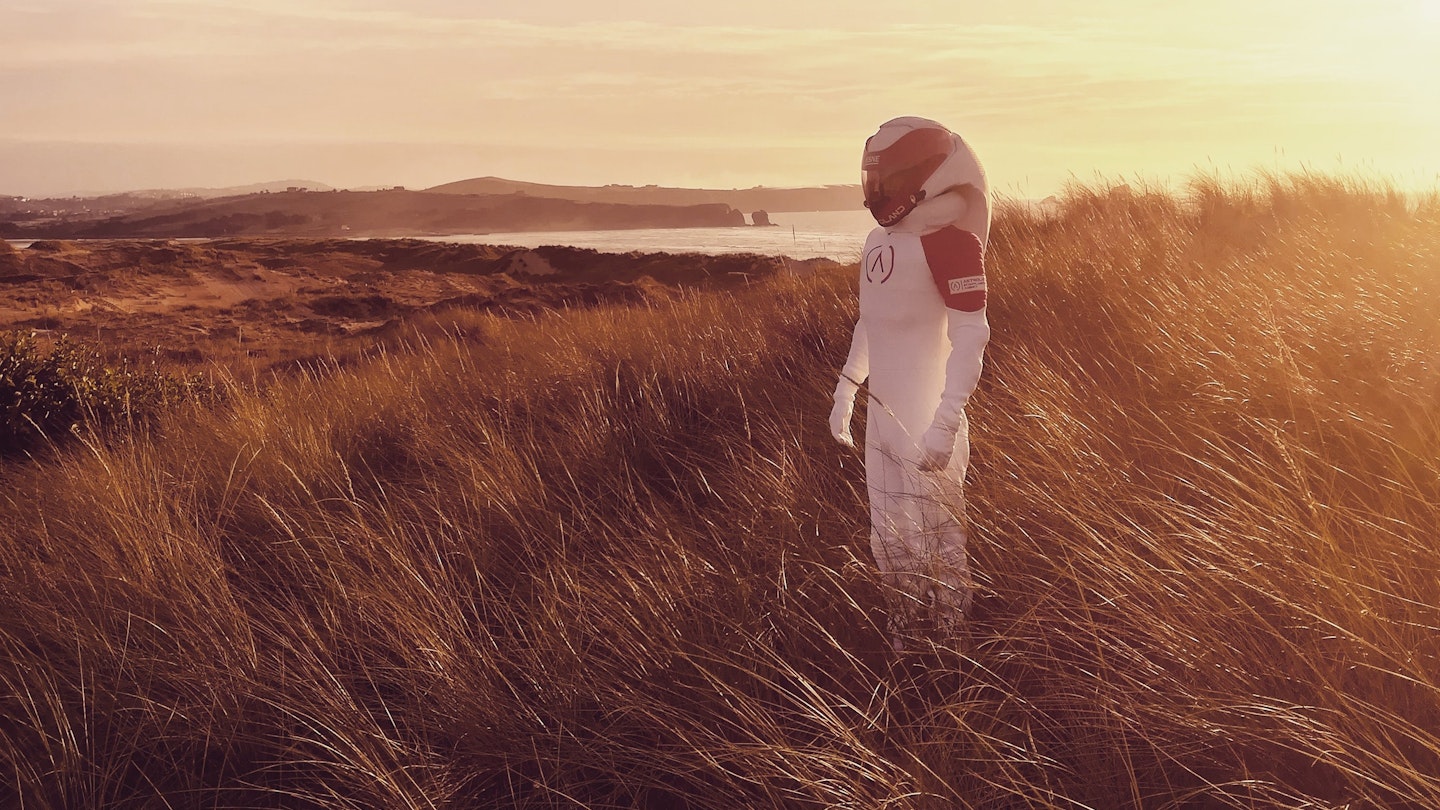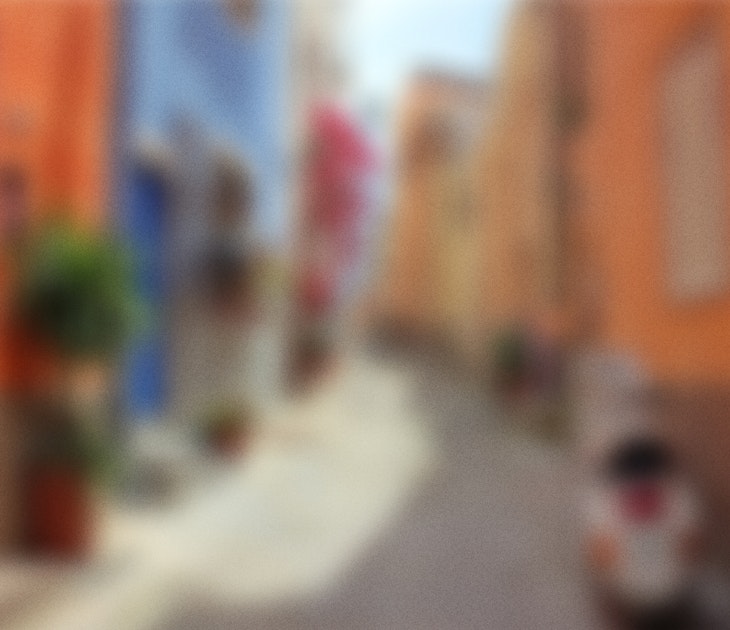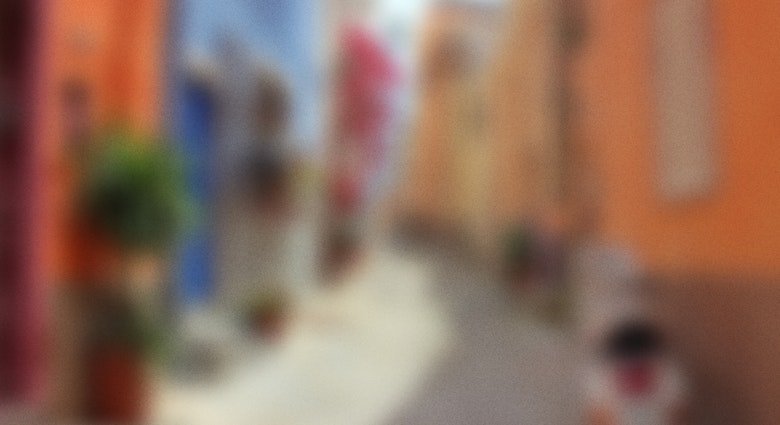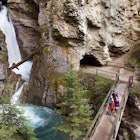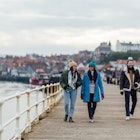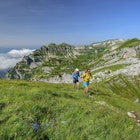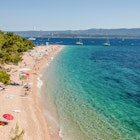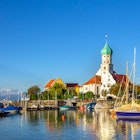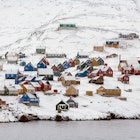Since time began, humankind has gazed up at the cosmos and wondered what existence could be like beyond our own blue planet. Now, we may be closer to answering that question, thanks to a new project that has been set up in the north of Spain that mimics life on Mars.

Located inside a 50-metre-high, 1.2-kilometre-long cave in Cantabria, the Ares Space Station has been built on an isolated site that imitates the harsh conditions of Mars. Built by a team of scientists, architects and engineers, the station is equipped to test both technology and the performance capabilities of ten participants at a time, and includes research laboratories, made-to-measure astronaut suits, life capsules, hydroponic facilities, autonomous power and water production systems, leisure areas, a gym and a robot explorer. Those interested in taking part in the experience must undertake physical and psychosocial tests in order to ensure that they are able for it.

So far the team has carried out several tests and one official mission. The experience costs €5000 (US$5555), and includes a 26-day online-training course before the mission, three days of intensive training in Santander, three nights inside the Ares Station and night at a hotel in Santander with gala dinner, photo call and award ceremony.

“All of this came as a dream when I was seven, that’s why I say that Astroland is actually 35 years-old. I believe it can help by experimenting with how life on Mars could be when we finally manage to establish permanent human colonies there,” David Ceballos, CEO of Astroland told Lonely Planet. While space agencies in Europe and the United States have created purpose-built stations to test life on other planets, they have only ever been open to officials and those working in the field of space exploration. “It’s unique because it’s the only experience of its kind that people from different backgrounds can experience without having to be a professional in the field of space travel. The reaction has been really positive so far,” David said.
A number of measures have been taken by the project to minimise human footprint in the cave, including the use of 3D scanning, disinfection of people entering and restricted access.
More information on Astroland is available at the official website.
